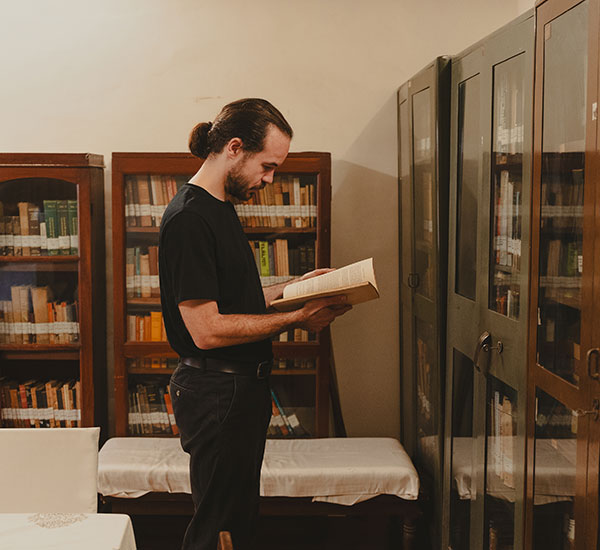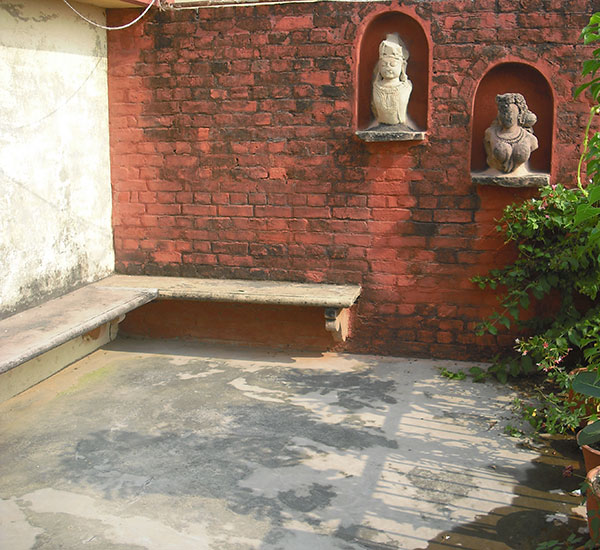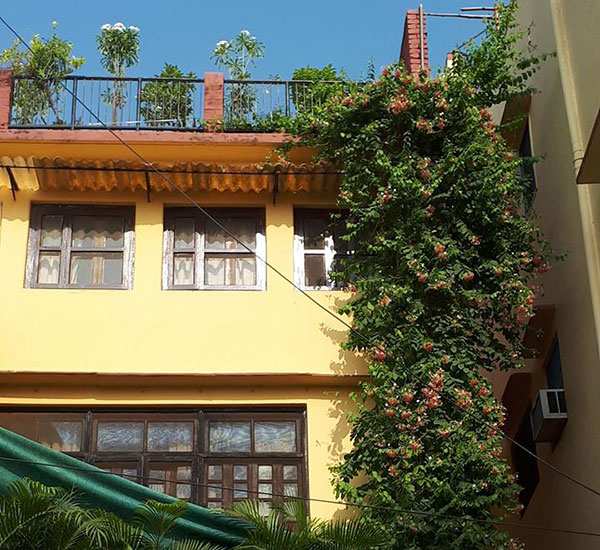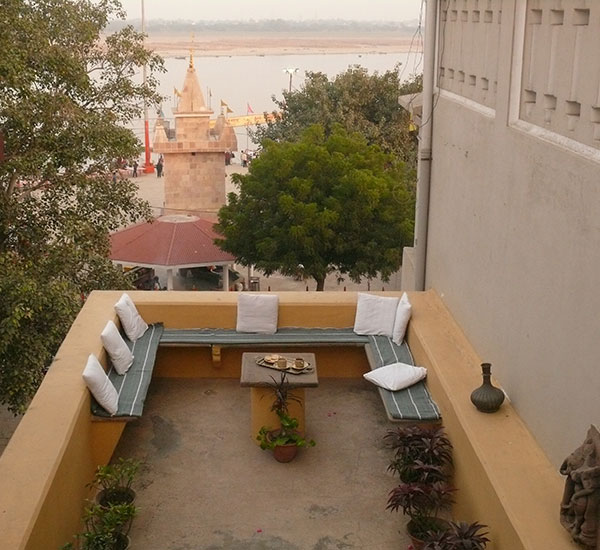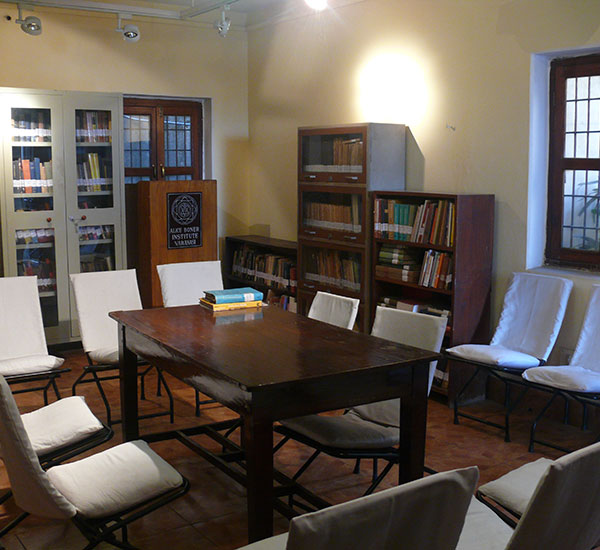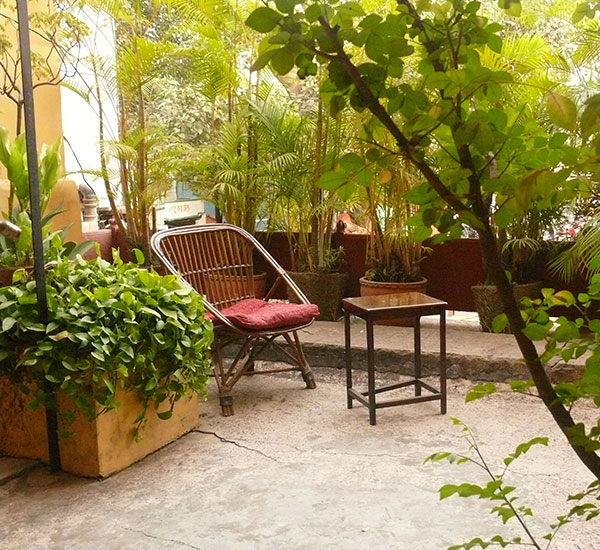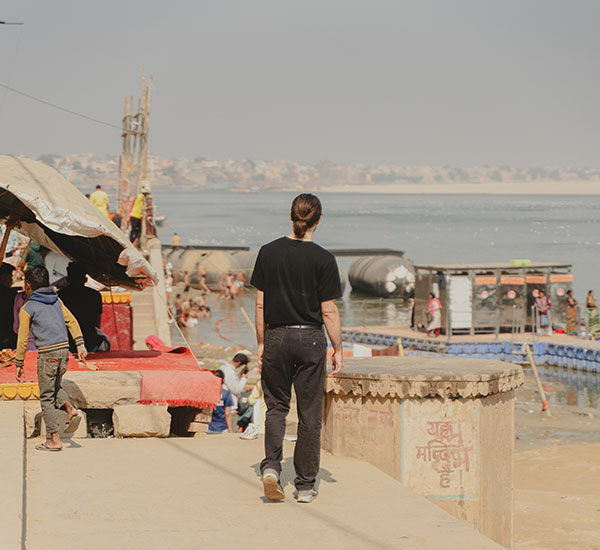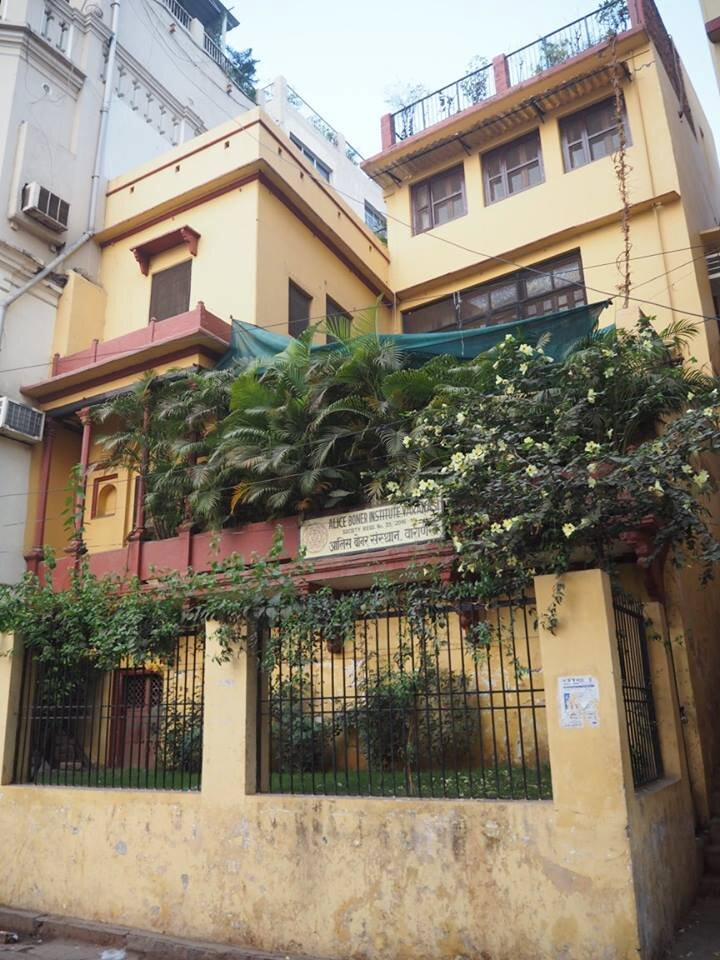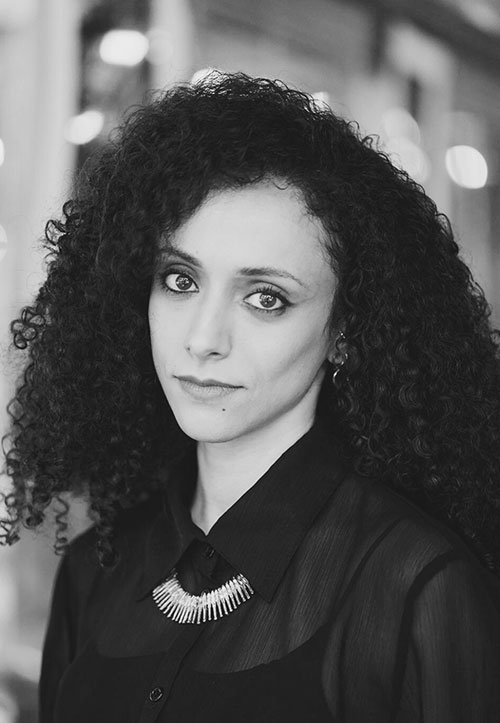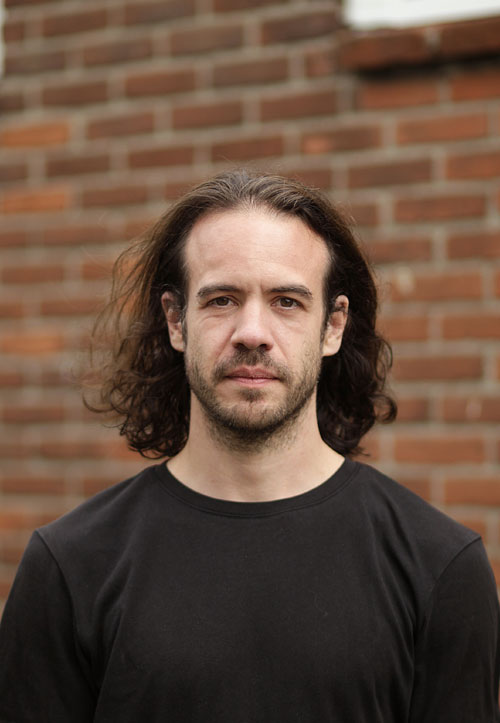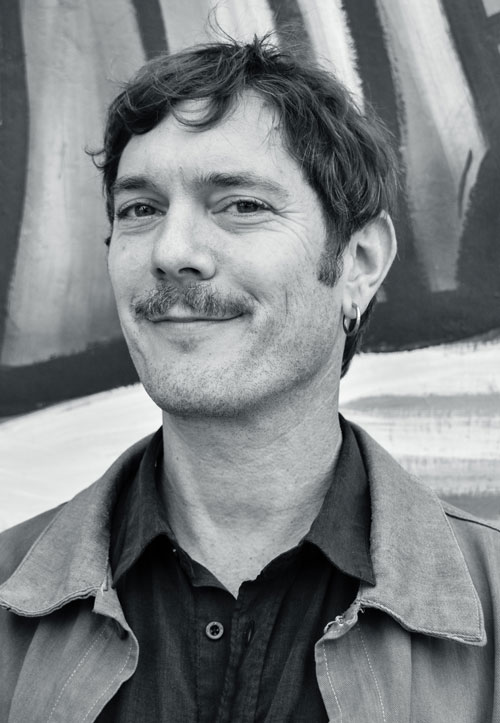Residency brief
The Alice Boner Institute, located in the millennium-old city of Varanasi, stands as a repository for the artistic traditions of India. It houses an art library as well as a rich art and manuscripts collection. As an institution, it nurtures academic and artistic research through its residencies and exchanges programs, short courses and publications.
The residency targets individuals whose research or creative work engages with the culture of India or Varanasi. They can be writers, social science researchers or cultural practitioners such as dancers, musicians, and visual artists. To be selected, it is important to demonstrate the need for them to immerse themselves in a city like Varanasi. During the course of their stay, they will be introduced to other institutional networks such as schools, universities, cultural spaces, local artists, scholars, and activists. Connections will be facilitated by the Alice Boner Institute.
Residents are expected to make one public presentation or workshop of their work or connected to the project they wish to execute during the residency, preferably at the Alice Boner Institute. The resident should be willing to engage with the cultural heritage of the city and the region, which should be an integral part of their project.
While the Alice Boner Institute does not currently offer a dedicated team of assistants or collaborators for project development or ideation, it fosters an environment conducive to independent exploration and creativity. The Institute benefits from its vibrant surroundings, which include early morning yoga practices and occasional lively events nearby, contributing to a dynamic and culturally rich atmosphere for residents and visitors alike.

